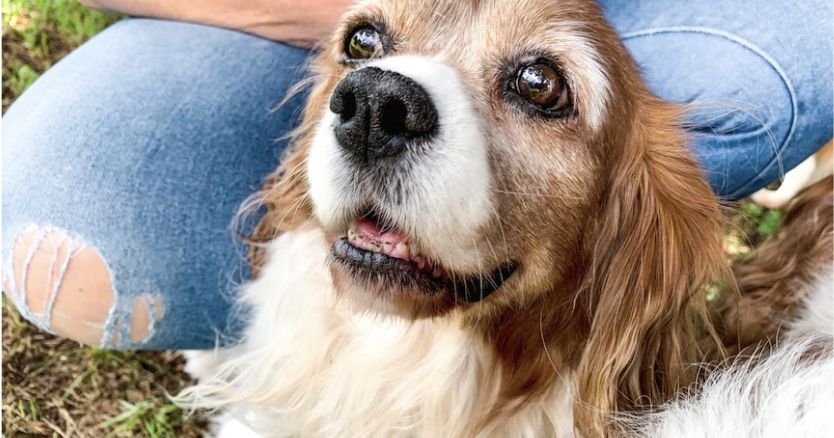
TUESDAY, FEBRUARY 15
Norway has banned breeding of two dog breeds. In a special ABC report Peter Gunders asks, will Australia follow suit?
Cheryl White fell in love with Cavalier King Charles spaniels the first time she locked eyes with a puppy in a pet store in the 1980s.
“They’ve got these gorgeous chocolate-drop eyes, and when you get to know them, you find they are so sweet and loving,” she said.
Thirty years later, she has shared her home with dozens of Cavaliers, both as an owner and foster-rescue volunteer.
And they’ve proven handy on her property on the outskirts of Toowoomba.
“Oh, they’ve fought brown snakes, and won! They’ve got a big heart,” she said.
But it is their heart that has been at the centre of a court case in Norway.
Cavalier King Charles spaniels are susceptible to heart mitral valve disease (MVD), which affects many Cavaliers by the age of five, and nearly all by the age of 10.
The Norwegian Society for Protection of Animals argues breeding dogs with known health conditions violates the country’s Animal Welfare Act, and along with the English bulldog, the Cavalier has been prohibited from being bred in the Scandinavian country.
“I don’t want to imagine a world without Cavaliers,” Ms White said.
“I really hope we can breed out MVD.”
Ms White said COVID-19 lockdowns, and the strong demand for companion dogs, had led to more backyard breeding, which had exacerbated the problem.
“Unfortunately, for some reason the Cavalier has become a dog of choice for backyard breeders,” she said.
“Backyard breeders charge a lot of money, but you have to add on the cost of caring for the dog on top of that.
“It’s not cheap to look after a dog with MVD.”
Heart medication can cost $100 a week for each Cavalier.
“People really need to go into owning dogs with their eyes open,” she said.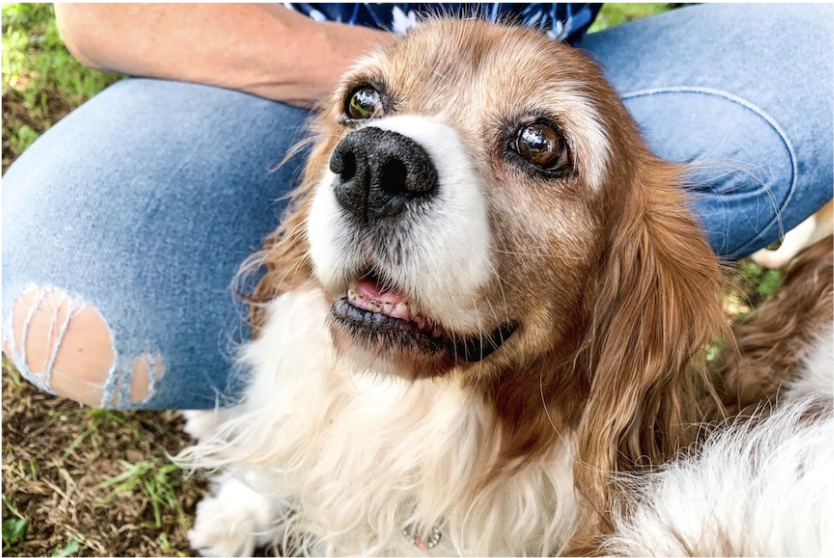
Lucy the Cavalier has a low-grade heart murmur and is non-medicated.(ABC Southern Queensland: Peter Gunders)
Alistair Webb is a Toowoomba vet and a director of the Australian Veterinary Association.
“We don’t want to pick on people who’ve got these dogs, but it’s very much about trying to change the future thinking so that generations in five and 10 and 20 years’ time don’t have this problem,” he said.
“Certainly every breed comes with its problems.”
He said Cavaliers may have been a little unlucky to be singled out with the English Bulldog by Norway, as breathing issues in short-nosed dogs affect a large number of breeds.
“There’s absolutely no joy in having to treat animals for chronic breathing difficulties all their life,” he said.
“The ‘pin-up child’ for breathing problems is, and always has been, the pug.”
He pointed to modern efforts to breed out hip problems in German Shepherds as a positive.
“If you look at the breeding standards from 150 years ago dogs that were called pugs had cute little noses rather than no noses,” he said.
“So if we’ve bred them out, we could breed them in.”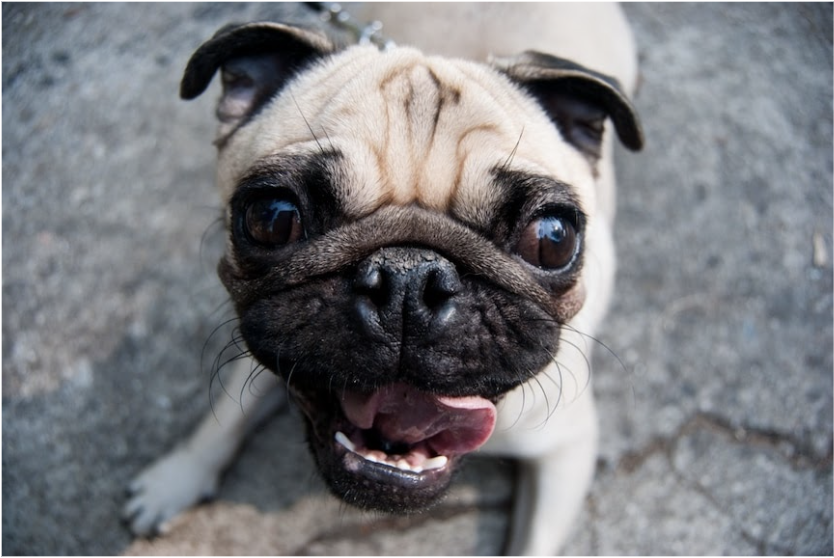 Dr Alistair Webb calls pugs the “‘pin-up-child” for breathing problems.(Flickr: Jaime González)
Dr Alistair Webb calls pugs the “‘pin-up-child” for breathing problems.(Flickr: Jaime González)
But Dr Webb admits the short-nosed dogs could be too “good looking” for their own good.
“Good intentions disappear when you see a cute face,” he said.
“And this is where one of the problems lie; common sense often disappears [when choosing a pet] because the ‘cute factor’ takes hold.”
Calls for scientific approach to dog breeding
“I think we should be breeding for quality of life,” said Paul McGreevy, Professor of Animal Behaviour and Welfare at UNE.
“Norway tends to be a leader in animal welfare — they banned the whip in racing 30 years ago – Australia doesn’t generally get onto the list of leading countries for animal welfare.”
Professor McGreevy said that while the news of banning breeding of certain breeds, due to animal welfare, may come as a surprise, it had been a topic of discussion among vets and animal ethicists for decades.
Professor Paul McGreevy says animal welfare should be a high priority when it comes to breeding.(Supplied: Cath Muscat)
“We’ve rewarded the extreme morphotypes — as they’re called — in the show ring, and haven’t kept a strong focus on the health and welfare of the animals,” he said.
“The Cavalier is a wild card in this because it’s nowhere near as airway-compromised as the Bulldogs that are still booming in popularity.
“The Cavalier is not the pin-up car-crash of a dog the bulldog is.”
“Brachycephalic breeds die younger. They have 30 per cent shorter lives.”
Professor McGreevy says he is hopeful the Norwegian court ruling will advance calls for more ethical dog breeding.
“And if it means that the ‘Brachys’ have longer noses, and can still be called Bulldogs — then bring it on.”
“But if we allow the demand for extreme morphotypes to prevail over the need for animals to have a life worth living, then we’ve got to take a long hard look at ourselves.”
He said veterinary schools in Australia were continually collecting clinical data from vets around Australia in a government-funded project called Vet Compass.
“Data is powerful, and will reveal how we as a country are shaping up. Are we doing more eye surgery, more dental surgery? Are we improving?
“Clearly we owe it to our companion animals to give them a life worth living.”
While he admitted these issues are emotive, as a dog owner himself, Professor McGreevy said we cannot “shy away” from serious questions.
“Animals are always holding a mirror up to us, and what we value,” he said.
#######
Former NRL star Jarryd Hayne will walk free from prison on bail, after his sexual assault convictions were yesterday quashed.
The 34-year-old had been in prison for nine months, after being found guilty last year.
His lawyers successfully applied for bail in the District Court this morning, meaning he will soon be released from Cooma Correctional Centre in NSW’s Snowy Mountains.
Yesterday, the Court of Criminal Appeal quashed Mr Hayne’s convictions over an alleged sexual assault in 2018 and ordered a retrial.
##########
World Anti-Doping Agency (WADA) president Witold Banka says he wants Russian authorities to change the country’s doping culture and conduct a thorough investigation into teenage figure skater Kamila Valieva’s entourage, with any culprits to be banned for life, reports Reuters via the ABC.
The 15-year-old prodigy was cleared on Monday to compete in her next event at the Beijing Olympics by the Court of Arbitration for Sport (CAS) after a failed drugs test last December, although CAS did not rule on the doping case itself.
“The doping of children is evil and unforgivable, and the doctors, coaches and other support personnel who are found to have provided performance-enhancing drugs to minors should be banned for life, Mr Banka told Reuters.
“And personally I also think that they should be in prison,” he said.
The case is now in the hands of the Russian Anti-Doping Agency (RUSADA), which has to set up a hearing to decide on the fate of Valieva, hot favourite for the women’s singles gold medal in Beijing.
If WADA is not satisfied with RUSADA’s report, it can appeal to CAS, which is sport’s highest court.
“We demand that RUSADA completes a strong investigation into the entourage. We will also look into that and make sure that a proper investigation is carried out,” Mr Banka said.
RUSADA lifted Valieva’s provisional suspension after she was notified of her positive test for a banned heart drug on February 8 — more than six weeks after the sample collection.
CAS rejected an appeal by the International Olympic Committee (IOC), WADA and the International Skating Union (ISU) to reinstate the suspension.
One of the reasons CAS gave for its ruling was that Valieva is a minor and barring her from further competing in Beijing, after she helped the Russian Olympic Committee (ROC) win the team event last Monday, would have caused her “irreparable harm”.
Russian athletes are competing under the ROC banner at the Olympics because of their poor doping track record.
Mr Banka also said Russia’s sports culture needs to change.
“We still have the old generation of coaches and doctors who are working with the minors, with the athletes, so it’s our strong demand that … the Russian ministry of sports change this situation,” he said.
WADA said it would launch an independent investigation into the adults surrounding Valieva.
US anti-doping officials said the Russians who have directed Valieva could also be prosecuted under the American Rodchenkov Act.
The new laws empower US prosecutors to seek fines of up to $1 million and jail terms of up to 10 years, even for non-Americans, if their actions have affected the results of US athletes.
Valieva’s coach Eteri Tutberidze, who is known in skating circles for harsh training methods, faces heightened scrutiny at the Beijing Games and is the most highly sought-after figure skating coach in Russia.
Ms Tutberidze has not been charged with any wrongdoing and Reuters has no evidence of her possible role in Valieva’s positive doping test.
She did not respond to requests for comment.
Valieva will skate her short program on Tuesday followed by a free skating routine on Thursday.
########
Victoria has recorded the deaths of a further 20 COVID-19 patients.
The number of people in hospital after contracting the virus sits at 441, down from the 465 reported on Monday.
Of the people in hospital, 67 are in intensive care units and 14 are on ventilators.
The state has reported 8,162 new infections. That tally is comprised of 2,034 positive PCR tests and 6,128 positive rapid antigen test notifications.
It takes the number of officially reported active infections to 50,967, down from 53,707 on Monday.
About 51 per cent of the state’s adult population has now had a third dose of a COVID-19 vaccine.
ENDS
SheSociety is a site for the women of Australia to share our stories, our experiences, shared learnings and opportunities to connect.

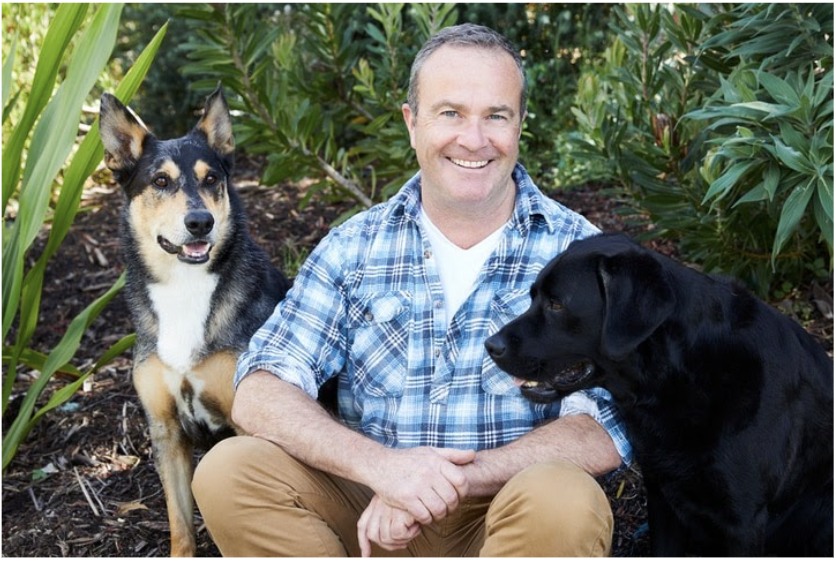
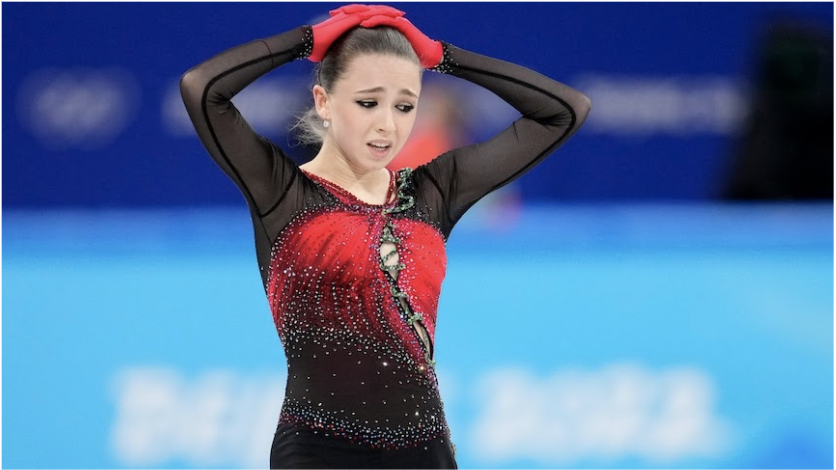
Leave a Reply